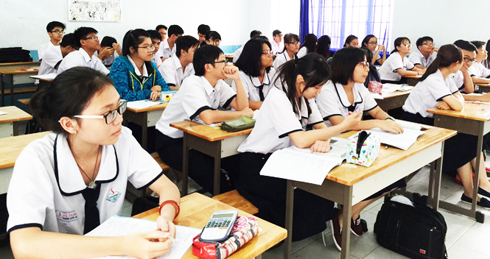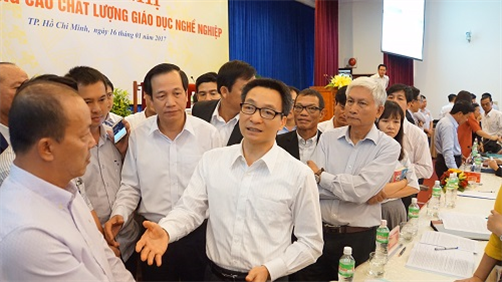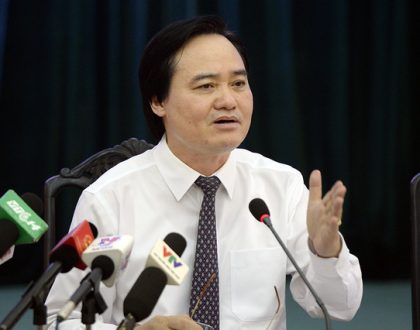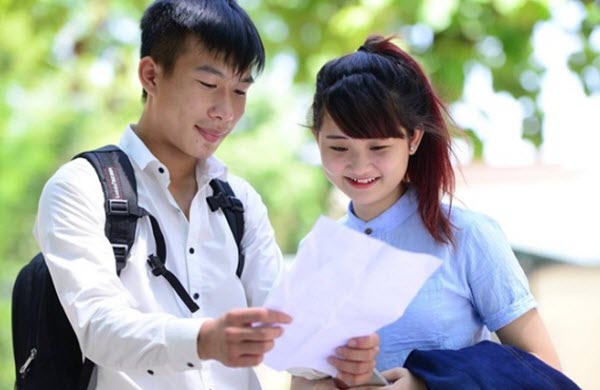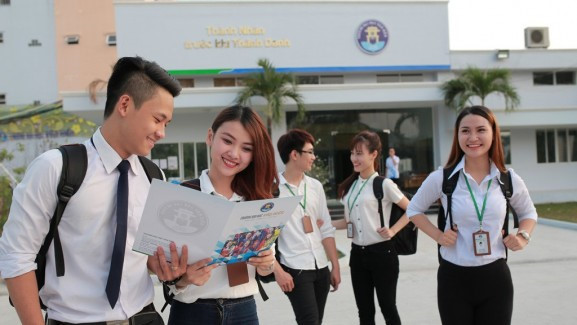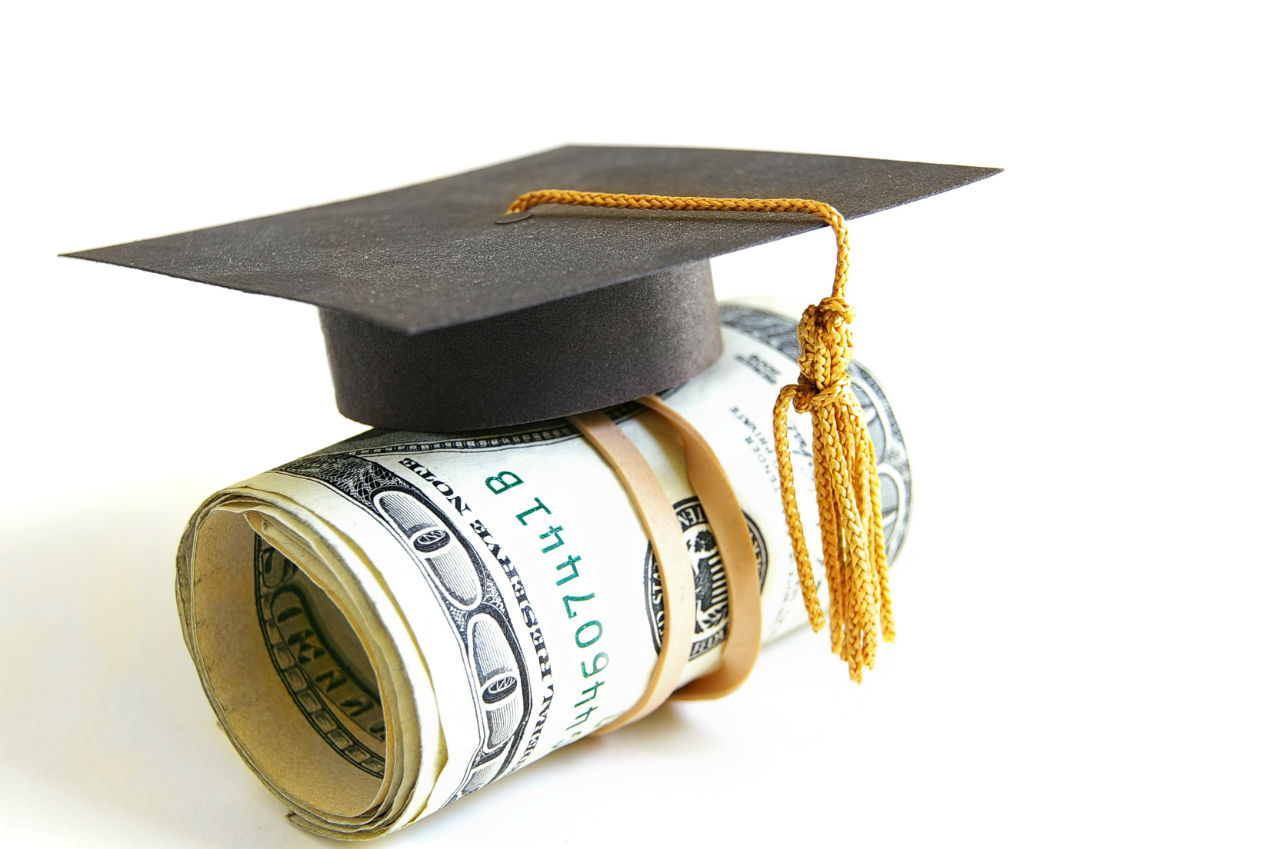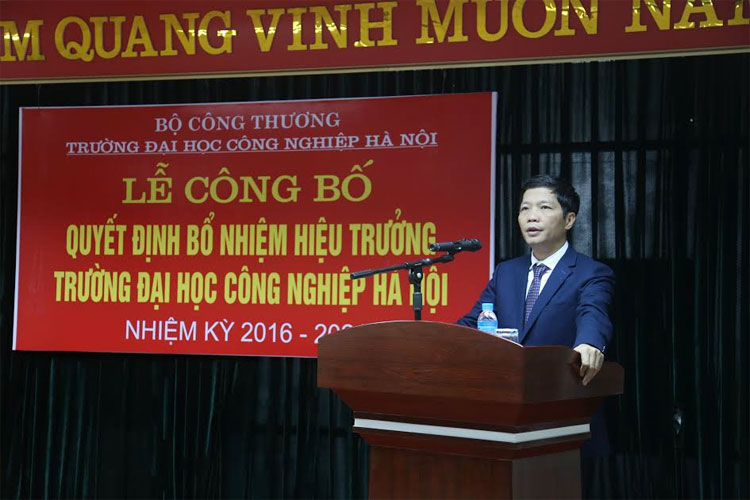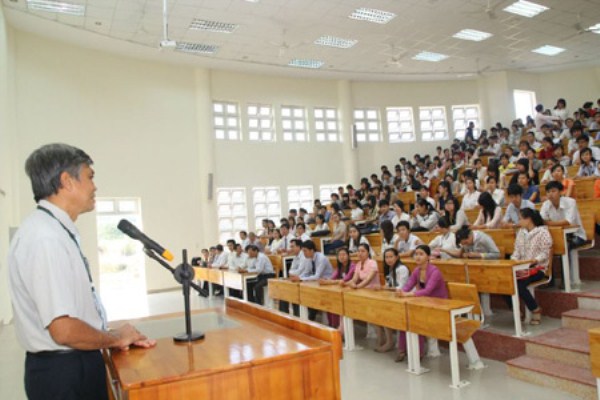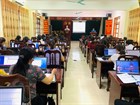On July 02, 2012, State’s President Truong Tan Sang signed Order No. 06/2012/L-CTN promulgating the Law on Higher Education approved by the National Assembly of the Socialist Republic of Vietnam, term XIII, 3rd session on June 18, 2012.
The Law on Higher Education of Vietnam takes effect from January 01, 2013. This is an important event in order to perfect the legal basis, improve the quality of educational organization and activities, renovate the management of higher education and create conditions for the educational career to develop more strongly. This Law consists of 12 chapters and 73 articles.
The promulgation of the Law on Higher Education aims to institutionalize the Party's guidelines and policies on education, creating a solid legal corridor for higher education activities to improve the quality of human resource training in the period of industrialization and modernization of the country and to prepare human resources for the knowledge economy in the next period. To achieve the above goal, the Law on Higher Education stipulates four fundamental new issues including: university stratification, higher education socialization, higher education institution autonomy and training quality control issues.
First about university stratification. When implementing the Law on Higher Education, our country's university system will be stratified into higher education institutions towards research; higher education institutions towards application and higher education institutions towards practice. According to Clause 1 Article 9 of the Law on Higher Education of Vietnam: “Higher education institutions are classified in order to serve the higher education institution network planning consistent with the socio-economic development requirements and the plan for developing and improving the capability of scientific research and training of the higher education institutions; perform the State management”.
In order to gradually implement the university stratification, the Law stipulates: “Increasing the budget for higher education; concentrating the investment in high quality higher education institutions towards basic science, hi-tech and key socio-economic professions in order to reach the world-class level” (Clause 2 Article 12).
Next is about the socialization of higher education. This is the great policy of our Party and State. This policy has been stipulated in the Law on Education and now continues to be concretized in the Law on Higher Education: “Socializing the higher education, offer incentives for land, tax, credit and employee training in order to encourage non-profit foreign-capitalized higher education institutions and private higher education institutions; prioritizing the establishment of private higher education institutions with intensive investment, assure the establishment conditions as prescribed by law. It is prohibited to misuse the higher education activities for earning illegal profit” (Clause 3 Article 12).
In order to avoid the situation that a certain higher education institution wants to take advantage of the name of non-profit for profit, according to Clause 3 Article 66 of the Law on Higher Education of Vietnam on financial management of higher education institutions:
“The financial difference between the incomings and outgoings from the activities of training and scientific research of private higher education institutions shall be used as follows:
a) At least 25% is used for investing in higher education institution development, in education activities and improving facilities, purchasing equipment, training lecturers, employees and the management staff serving the learning and the life of students or for charity purposes and social responsibility. This amount is exempted from tax;
b) The rest, if being distributed to investors and employees of the higher education institutions, is taxable as prescribed by law provisions on tax.”
On the other hand, to ensure the sustainable development of the schools, this Law stipulates that the value of cumulative property during the operation of private higher education institutions and the value of donated property are not distributable and managed on the principal of preservation and development. According to Clause 2 Article 67 of this Law, the property and land allocated to private higher education institutions and property donated to private higher education institutions must be used properly without changing the use purpose and converted into private ownership in any form.

The State and society rely on the use of the financial difference between revenue and expenditure in the school's operations to have appropriate policies. With that provision, on the one hand, the State does not prohibit higher education institutions from operating for reasonable profits, and on the other hand, the State may adopt appropriate and encouraging policies for non-profit higher education institutions.
The third issue is the autonomy of higher education institutions. Autonomy is an attribute of a higher education institution. This issue is shown consistently and throughout the provisions of the Law on Higher Education of Vietnam. The autonomy of a higher education institution is regulated in proportion to its capacity and conditions to ensure its autonomy.
The autonomy comes with the self-responsibility of the higher education institution. The biggest responsibility of educational institutions to society is to ensure the quality of training. The law stipulates that higher education institutions are free to print diplomas and grant diplomas to learners. Thus, the quality of training has been associated with the name of the school.
The school board is an indispensable institution for delegating autonomy to schools. Article 16 of the Law on Higher Education supplements the provisions on the School Council for public higher education institutions compared to the provisions in Article 52 of the Law on Education to be more suitable to the reality of Vietnamese higher education.
Quality control of training is a matter of great concern. The Law on Higher Education has included provisions to closely monitor the quality of training during the time students study at the university. Instead of stipulating the framework program as before, the Law on Higher Education of Vietnam stipulates the minimum standards of knowledge and skills in Clause 3 Article 36 as follows: “The Minister of Education and Training shall specify the minimum knowledge volume and requirements that the student must reach after graduated regarding each training level of higher education; etc.”
In order to encourage higher education institutions to mobilize more and more investment resources for quality assurance conditions, competition to improve training quality, ensuring the harmonization of the human resource structure, improve the competitiveness of Vietnamese students in the region and in the world, according to Clause 6 Article 65 of the Law on Higher Education: “Higher education institutions providing high quality training programs are entitled to collect tuition fees equivalently to the training quality”. Along with establishing training quality assurance criteria, the Law also provides a legal framework for the organization and operation of education quality accreditation and accreditation is required for higher education institutions to exercise autonomy. On the basis of the results of quality accreditation, higher education institutions will be ranked according to the criteria prescribed by the competent authorities.
In addition to the four above-mentioned fundamental new points, the Law on Higher Education also contains articles and clauses on the rank of lecturers in higher education institutions (including assistant lecturer, lecturer, senior lecturer, associate professor, professor); standard degree of university lecturers; authorities competent to promulgate national standards of higher education institutions; State management of higher education and inspection and examination.
- Key word:
- Law on Higher Education 2012
 Article table of contents
Article table of contents
